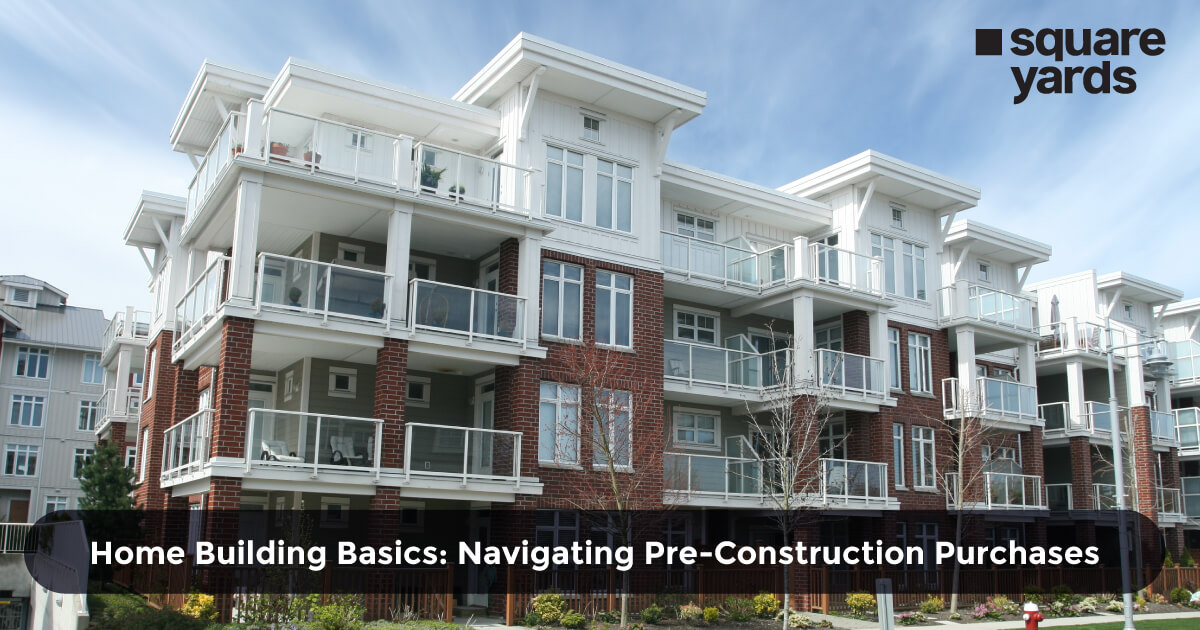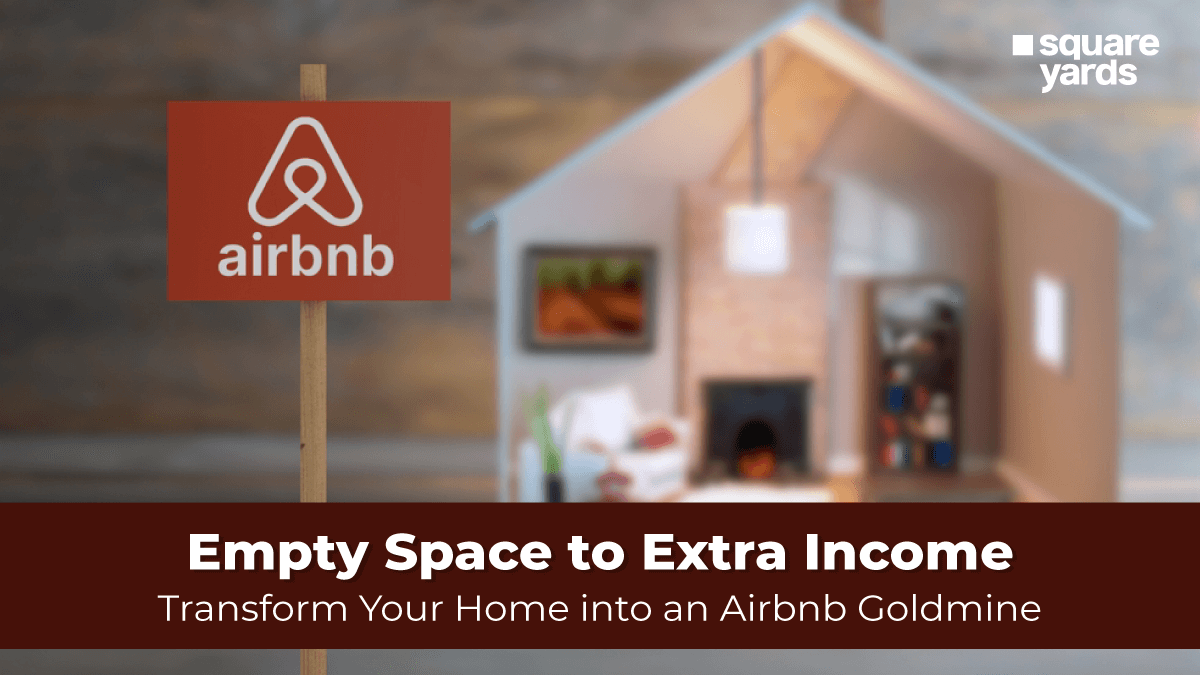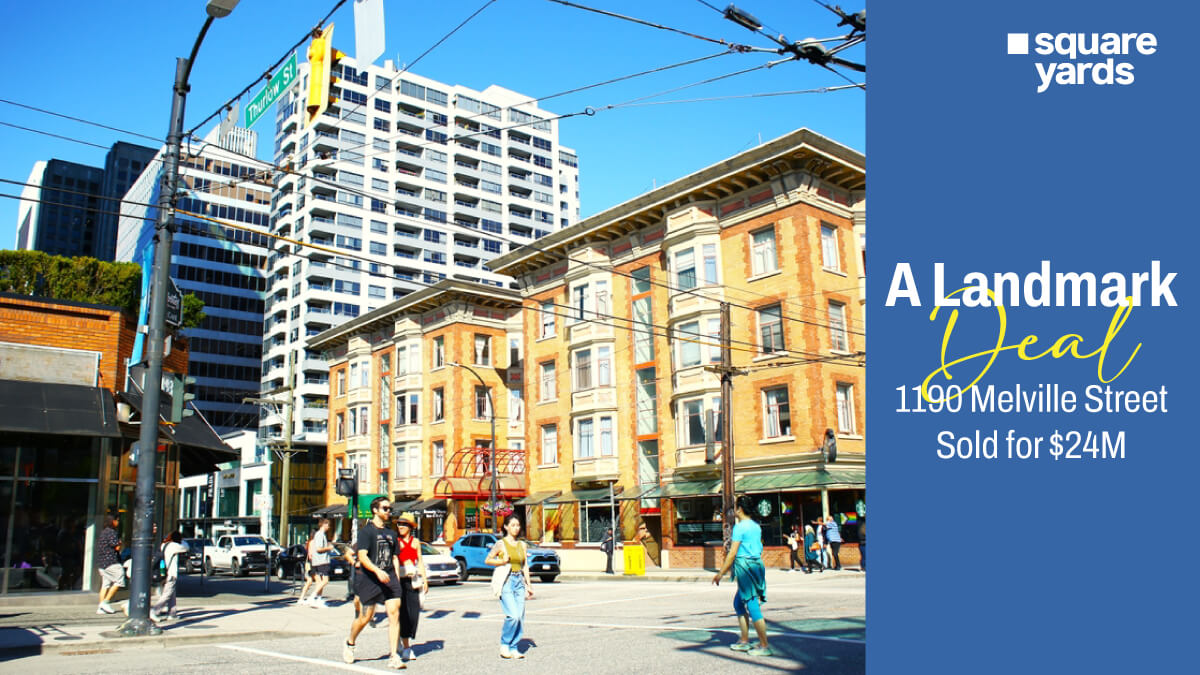We all dream. We all aspire for more, whether or not income is a factor; a home is an expectation that we can all equally deserve to hold. An income shouldn’t hold you back from being a first-time home buyer. We deserve a world where this dream is equally accessible to all. One shouldn’t have to limit their eyes to four walls where they do not feel at home. Now, on a certain level, owning a home in coveted cities across Canada is indeed harder because everyone’s just willing to pay more because they obviously can. However, what homebuyers with lower incomes can do is they can opt for homes that are not yet fully complete. As brand new houses can be a bigger dent in the accounts, what pre construction properties do is give first-time home buyers a fighting chance.
Embarking On Your Pre-Construction Home Journey
As a buyer across Ontario with a low income, you can choose to get started with pre construction properties. These homes are designed by real estate companies based on a community structure. The units in these homes are sold to people while or before construction even starts. Unlike purchasing an old constructed home all at once, you will have to pay a deposit fee and other extra charges and wait patiently till the project is complete. Only then can you move in or choose to rent out. This approach helps to ease the burden on new-home seekers.
Guide To Purchasing Pre Construction Properties
When considering the purchase of a pre-construction home, setting a realistic budget is vital. Unlike traditional home buying, pre construction properties often entail a unique financial approach. Pay special attention to the down payment requirements, which can differ from those of already-built homes. It’s also important to ensure financial stability to accommodate potential delays or market fluctuations during the construction phase. Following is a step-by-step guide on how homeowners can navigate the pre-construction home buying process, highlighting key factors to be mindful of throughout the journey.
-
Choosing The Right Builder Or Community
Getting started with buying pre construction properties can be an exciting yet complex journey, especially for first-time home buyers. The first step in your journey to purchasing a pre-construction house for sale is to look for a reputable builder or a community under development. This initial action is crucial in kickstarting the entire process of new home hunting. It’s important to approach this stage with patience, ensuring you invest time in finding the best developers. You should consider partnering with a real estate agent, as the process can seem daunting at times. A skilled realtor brings expertise and firsthand experience in real estate matters, making your search more efficient and informed. A proficient realtor can help you identify ideal locations and communities for investment, connecting you with reputable builders and developers.
They also provide invaluable assistance in understanding your budget, including any hidden expenses and offering insights on crucial aspects that might be challenging to uncover independently. If you have specific preferences, like living in Toronto, a realtor can advise on the best times to purchase a house in the area, aligning with market trends and opportunities. Once you’ve identified potential builders, it’s essential to conduct thorough research on them. Investigate their track record by reviewing previously completed projects, their reputation in the market, and customer reviews.
-
Exploring and Inspecting The Site
It is wise to explore and check out the location and project site. Once you’ve identified potential developers and projects, the next step is to visit the area where your prospective new home will be located. Location is a crucial factor in this process. Scout for neighbourhoods that not only fit your lifestyle and needs but also show signs of future development. This can positively impact the value of your property in the long run. Visiting the site gives you a firsthand experience of the neighbourhood and helps you visualise your future living environment. It’s an opportunity to see the physical surroundings and understand the layout of the area. While at the site of the pre-construction house for sale, take the time to assess the amenities.
Look for essential facilities such as shopping centres, stores, hospitals, schools, and gyms. The availability and proximity of these amenities to your unit can greatly impact your daily life. It’s also wise to consider the connectivity of the location, including public transport options and major roadways. You know they say the wisest of them all, visit a property they wish to buy twice. Once in the morning to see the house and again at night to see the locality. Visiting the site allows you to get a feel of the community vibe. You can observe the neighbourhood’s atmosphere, the demographics of the area, and other lifestyle factors that might be important to you.
-
Examining the Home Model: Details and Design
The third step in your pre-construction home-buying process is to thoroughly check the model of the home you are considering. This phase involves inquiring about and examining a model or representation of the home that is yet to be built. During this stage, it’s important to be exceptionally observant and meticulous. Pay close attention to every upgrade and feature included in the model home. It’s imperative to understand that model homes often showcase additional specifications and features that are not included in the standard versions of the homes. These could be anything from high-end appliances to advanced home automation systems.
As you explore the model, remember that these additional features typically come at an extra cost. To avoid surprises, as first-time home buyers, you should inquire from the developers or builders which features are standard and which are considered upgrades. Understanding this distinction is key to accurately estimating the total cost of your home. Remember, bargaining is always on the table. Whether it’s an enhanced interior finish, a larger garage, or a specific type of flooring, there is often room for negotiation with the builders. This can be a chance to tailor the home more closely to your preferences while also managing your budget.
-
Making the Most of the Cooling-Off Period
You need to be prepared for a waiting period before you can move into your new home. Pre-construction projects can take several years to complete. Patience is key, along with staying informed about the progress of the construction. Regular updates from the developer or your agent can provide reassurance and help you plan your move accordingly. The cooling-off period, a mandatory phase after expressing interest in a newly built home, allows you to reassess and either continue with or cancel the agreement without penalty. You can review your decision at this time and ensure that all legal and financial aspects of your home purchase are in order. This is the best way to utilise the cooling-off period effectively. If you decide to move forward with the investment during this cooling-off period, there are a few critical actions you should take.
-
- It’s advisable to secure the services of a lawyer. They can help you navigate the complexities of the contract, ensuring that your rights are protected and that you are fully aware of your obligations and the terms of the agreement.
- If you haven’t already done so, this is the time to secure a mortgage loan. Arranging your finances in advance is crucial, as it gives you a clear picture of your budget and financial limits. This step is crucial in the pre-construction phase, as lenders may have different requirements for financing homes not yet built compared to existing pre construction properties.
-
Personalising Your Home
An added advantage for first-time home buyers when choosing a pre-construction home is that you can customise it to your whims. This provides a unique opportunity to create a living space that truly reflects your personality and meets your specific needs. Whether it’s choosing a modern, open-concept kitchen or opting for eco-friendly materials, this process allows for a high degree of personalisation. Working closely with the builder, you can select the perfect colour schemes that resonate with your taste. Moreover, this is the stage where you decide on the upgrades and finishes that will enhance your living experience. It’s important to remember that while some customisation options might be included in the base price of the home, others might come at an additional cost.
However, it’s also important to maintain a balance between your desires and the budgetary constraints. While customising, consider the cost implications of each upgrade or change. The home customisation step is an exciting part of the pre-construction home-buying process. By actively engaging with the builder and making informed choices, you can ensure that your new home not only meets your needs but also reflects your style.
-
Interim And Final Closing Stages
The final step in your pre-construction home-buying journey is to navigate through the interim and final closing stages. These are critical phases in the process where legal and financial aspects are finalised, ensuring the smooth transition of the property from the builder to you. During the interim closing phase, it’s imperative to ensure that all pending payments are met. This period typically occurs when the construction is complete, and your home is ready for occupancy, but the legal ownership has not yet been transferred to you. During this phase, you might be required to pay interim occupancy fees, which cover the builder’s costs like property taxes, interest on the unpaid balance of the purchase price, and common expenses for the building. Then comes the final closing. This is the point at which the ownership of the property is officially transferred to you.
Again, your lawyer plays a crucial role in this stage. They will facilitate the final transfer of the house from the builder to you, including ensuring that all legal and financial requirements are met. The final closing involves several steps, including paying the remaining balance of the purchase price, settling any closing costs, and signing the final legal documents. Your lawyer will review these documents with you, ensuring that everything is in order and that you understand all the terms of the transfer. Be prepared for the financial responsibilities that come with the final closing. These may include land transfer taxes, legal fees, and any adjustments agreed upon in the purchase agreement. Your lawyer will provide a detailed breakdown of these costs, so there are no surprises.
Successfully Navigating Your Purchase
Venturing into the realm of pre construction properties for first-time home buyers can be filled with unique opportunities and challenges. Key steps like selecting a reputable builder, exploring the location, customising your home, and understanding the closing stages are crucial. Remember, thorough research, careful planning, and professional guidance are essential to navigate this complex process successfully. By staying informed and patient, you can turn the dream of owning a pre construction homes into a rewarding reality, making a wise investment in your future.
More Useful Article for you :
|
Guide To Pre Construction Condos |
|
|
Know The First Time Home Buyer |
|
|
Avoid First Time Home Buyer Mistakes |
|
|
All About First Time Home Buying in Vancouver |
Frequently Asked Questions (FAQs)
What is the best time to buy a house in Toronto?
The optimal month to place an offer on a home is January. With fewer buyers willing to venture out in the cold, home prices tend to be at their lowest. Additionally, properties often linger longer on the market during this time, increasing the likelihood of sellers accepting lower offers.
Will house prices go down in 2024 Toronto?
The price trend across Toronto will depend on the market trends and is subject to change with time. In 2024, Canada's real estate market is expected to stabilise, with the Royal LePage Forecast predicting a 5.5% increase in average home prices to $843,684. Detached homes might see a 6.0% rise to $879,164, while condominium prices are projected to grow by 5.0% to $616,140.
Which Pre-construction Condos In Toronto are ready to move in 2024?
To find out the best ready-to-move properties across Toronto, you can refer to the Square Yards official website.
What to look for when you are buying a new home?
When buying a new home, focus on the location and neighbourhood, assess the quality of construction and fixtures, and consider the potential for future value appreciation and the availability of essential amenities.



































